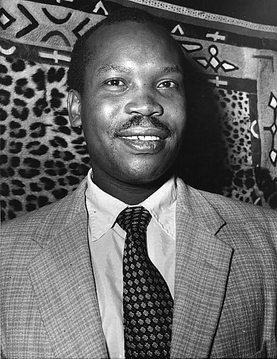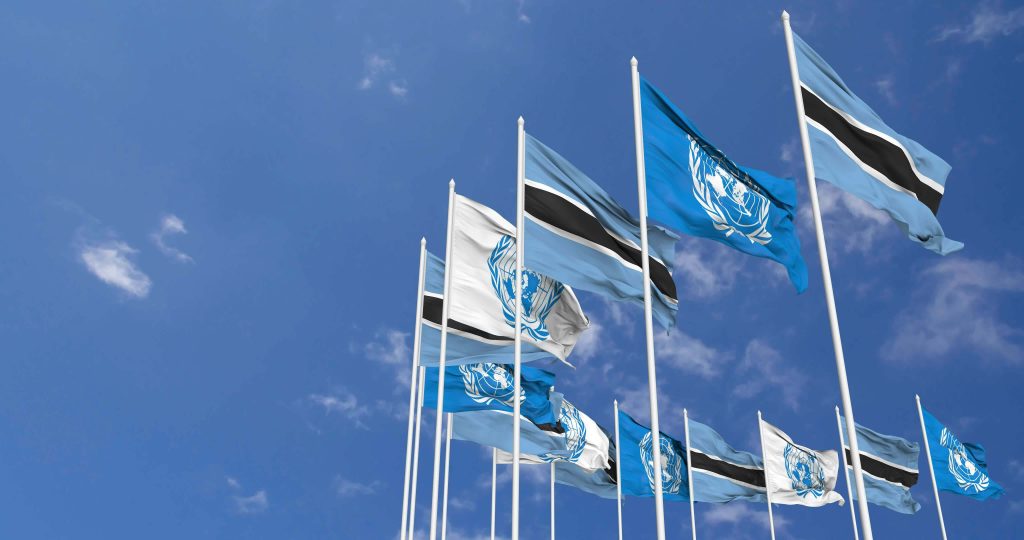Botswana, a landlocked nation in Southern Africa, gained independence from British colonial rule on Sept. 30, 1966. This historic milestone set the stage for Botswana to establish its identity and place on the international stage. One of the key steps in this journey was joining the United Nations (UN) the same year.
Early Challenges and Opportunities
At independence, Botswana faced significant challenges. The predominantly agrarian economy relied heavily on subsistence farming and cattle rearing. Infrastructure was sparse, with just 12 kilometers of paved roads, and access to healthcare and education was limited. Recurrent droughts and crop failures further strained the fragile economy.
Despite these obstacles, Botswana’s leaders, particularly its first president, Sir Seretse Khama, envisioned a stable and prosperous nation. The discovery of significant diamond deposits in the late 1960s provided an economic lifeline. Through prudent management of its diamond resources, Botswana began its transformation.

Joining the United Nations
Founded in 1945, the UN is an international organization dedicated to maintaining global peace and security, fostering friendly relations among nations, and promoting social progress and human rights. In 1966, Botswana’s membership in the UN marked a strategic move to integrate into the global community and access international support. Being a UN member allowed Botswana to engage in global forums, collaborate with other nations, and benefit from various UN programs and initiatives.
UN Support and Development
Since joining the UN, Botswana has benefited from the support of various UN agencies, including the United Nations Development Programme (UNDP), the Food and Agriculture Organization (FAO), and the World Health Organization (WHO). A major focus has been poverty alleviation. The UNDP has led projects to enhance economic opportunities, improve livelihoods, and reduce poverty, including skills development programs and support for small and medium-sized enterprises.

In healthcare, the WHO has significantly bolstered Botswana’s system by providing technical assistance, capacity-building, and resources to enhance healthcare delivery, particularly in rural areas. This partnership has been vital in addressing significant health challenges, such as HIV/AIDS and malaria.
Botswana’s Success Story
Over the decades, Botswana has emerged as one of Africa’s success stories. The country has made significant strides in economic and human development, with substantial increases in per capita income and a track record of political stability and good governance. This success is due in large part to its long-term vision, stable political environment, and effective use of international aid and diamond revenues.
Education has also seen remarkable advancements. With UN support, the government has invested in school infrastructure, teacher training, and improved access to quality education, leading to higher literacy rates and better educational outcomes.
Botswana’s journey to the UN and its subsequent achievements underscore the power of international cooperation and strategic planning. By joining the UN, Botswana leveraged global resources to overcome initial challenges and build a thriving nation. Its success story stands as a beacon of inspiration for other countries aiming for sustainable development and global integration.
Integration into the international community through the UN has not only facilitated Botswana’s development but also empowered the country to contribute meaningfully to global discussions on peace, security, and sustainable development.

